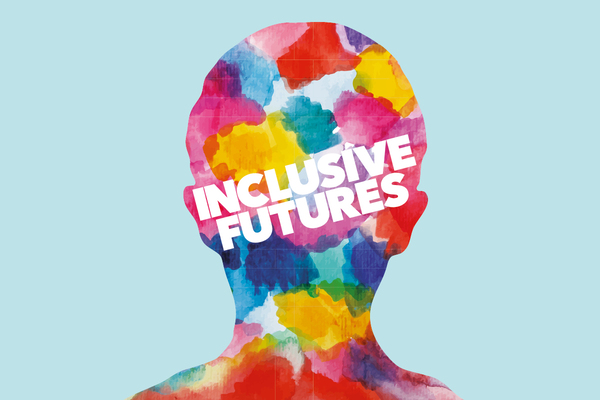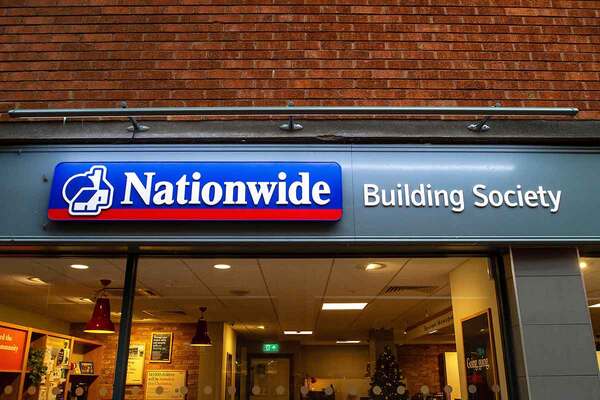You are viewing 1 of your 1 free articles
What makes a good board?
Boards have a role in embedding a culture that puts tenants at the heart of decision-making, writes Helen White
I was flattered recently when somebody asked me: “How do we get more people like you to join a board?”
I’m pretty sure this was based on the fact I’m a bit younger than the average board member, but it did get me thinking once again about what makes a good board member and more importantly what makes a good board.
As a mum of two young boys, chair of a housing association, and chair of the Regulatory Board for Wales, I have developed the ability to read board papers, iron school uniforms and cook fish fingers at the same time.
Being able to manage the daily juggle of school runs, clubs, board meetings, committee meetings, stakeholder meetings, training sessions, conferences and networking is a constant challenge.
My days are made up of making decisions about the strategic direction of a housing association with a turnover of £60m and more than 20,000 customers, advising a government minister on the performance of the housing sector in Wales and shouting words like “shoes”, “teeth”, and “car” at my kids.
Don’t get me wrong, not a day goes by when I don’t relish the challenge and feel privileged to do the work I do.
I’ve learnt so much over the past 16 years, but in some ways doing ‘governance’ has never felt so difficult and overwhelming.
The sector has, quite rightly, been ambitious in its aspirations to do more than ‘just housing’. Of course, this was the right thing to do. We shouldn’t just be helping our customers survive welfare reform.
“From a governance perspective, direction in which different housing associations have chosen to diversify is irrelevant.”
We should be working in partnerships to create successful, thriving communities through social investment focused on tackling the underlying root causes of issues such as long-term unemployment, health inequality and poverty.
From a governance perspective, in some ways, the direction in which different housing associations have chosen to diversify is irrelevant.
The challenge has been to make sure organisational governance keeps pace. The skills at board level need to reflect the ambition and aspirations of the organisation.
Attracting the right skills to a board is more important than ever.
We need to avoid group think and encourage challenge, disagreement and, dare I say it, some dissent around the board table. Big decisions deserve big debate.
Brave decision-making isn’t always about doing more. Sometimes a decision to do less can feel much harder to defend.
This is where the relationship with the executive is so important and the quality of information supplied to boards is vital.
Many boards are quite rightly having to grapple with the difficult issue of balancing investment in much-needed new homes against the need to ensure we invest appropriately in our existing homes and communities.
We must not lose sight of the ongoing need for regeneration in many areas, again presenting a challenge for boards as the right solution may mean fewer homes, not more.
To make sure the board can focus on the big strategic issues, it needs real assurance about operational performance. Having the right systems in place is vital when you have a board of 12 and more than 13,000 properties.
Affordability is a governance issue.
Boards have a leadership role in making sure they are providing homes that customers can afford. This is another big challenge as we see stagnant wage growth and increasing living costs.
“Enabling and supporting tenants to effectively influence the work we do is easy to talk about, but difficult to do well.”
How are we making sure we are really listening to our customers or tenants? Enabling and supporting tenants to effectively influence the work we do is easy to talk about, but difficult to do well. We need to get better at this.
The Regulatory Framework in Wales differs from that in England in that it explicitly places tenants at the heart of the regulatory process. Would a similar approach in England help? I’m confident most associations in Wales engage with tenants, not because the regulator tells them to, but because they believe it’s the right thing to do.
It’s the role of the housing association board, not the regulator, to develop and embed a culture of putting customers/tenants and communities at the heart of decision-making.
Difficult decisions are being taken amid a backdrop of ongoing economic uncertainty. The external operating environment continues to be complex and feels fragile.
In England, we await the Social Housing Green Paper, promised back in September 2017 by Sajid Javid, to be a “wide-ranging, top-to-bottom review” and the “most substantial report of its kind for a generation”.
As a board member I acknowledge we have to rethink how we are tackling the big issues. We need change. Good board members should be saying “bring it on!”.
Helen White, chair, regulatory board for Wales, and chair, Knowsley Housing Trust
Inclusive Futures
Inside Housing’s Inclusive Futures campaign aims to promote and celebrate diversity and inclusion.
We are pledging to publish diversity audits of our own coverage.
We are also committed to proactively promoting positive role models.
We will do this through the pages of Inside Housing. But we will also seek to support other publications and events organisations to be more inclusive.
Our Inclusive Futures Bureau will provide a database of speakers and commentators from all backgrounds, for use by all media organisations.
We are also challenging readers to take five clear steps to promote diversity, informed by the Chartered Institute of Housing’s diversity commission and the Leadership 2025 project.
THE INCLUSIVE FUTURES CHALLENGE
Inside Housing calls on organisations to sign up to an inclusive future by taking five steps:
Prioritise diversity and inclusion at the top: commitment and persistence from chief executives, directors and chairs in setting goals and monitoring progress.
Collect data on the diversity of your board, leadership and total workforce and publish annually with your annual report. Consider gender, ethnicity, disability, sexuality, age, and representation of tenants on the board.
Set aspirational targets for recruitment to the executive team, board and committees from under-represented groups.
Challenge recruiting staff and agencies to ensure that all shortlists include candidates from under-represented groups.
Make diversity and inclusion a core theme in your talent management strategy to ensure you support people from under-represented groups to progress their careers.
INSIDE HOUSING’S PLEDGES
We will take proactive steps to promote positive role models from under-represented groups and provide information to support change.
We pledge to:
Publish diversity audits: We will audit the diversity of the commentators we feature. We will formalise this process and publish the results for future audits twice a year.
Promote role models: We will work to highlight leading lights from specific under-represented groups, starting in early 2018 with our new BME Leaders List.
Launch Inclusive Futures Bureau: We will work with the sector to compile a database of speakers, commentators and experts from under-represented groups. The bureau will be available to events organisers, media outlets and publications to support them to better represent the talent in the sector.
Take forward the Women in Housing Awards: Inside Housing has taken on these successful awards and will work to grow and develop them.
Convene Inclusive Futures Summit: Our new high-level event will support organisations to develop and implement strategies to become more diverse and inclusive.













